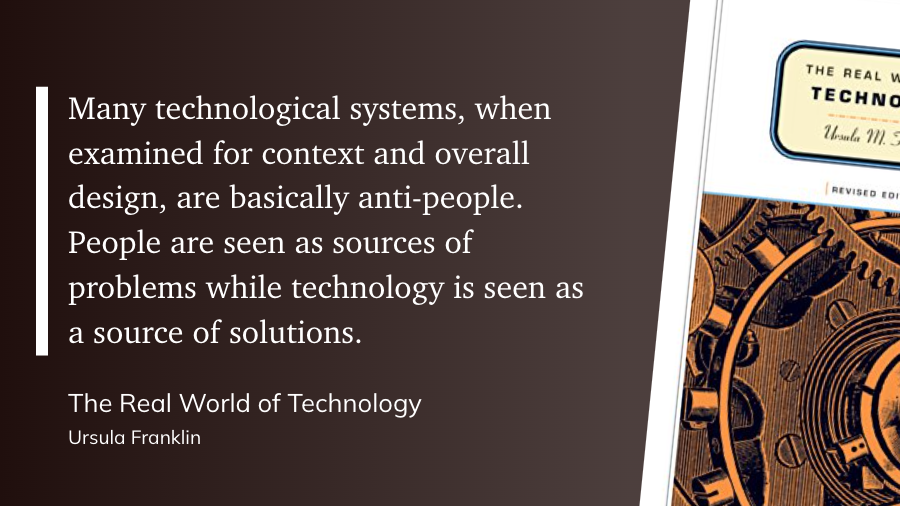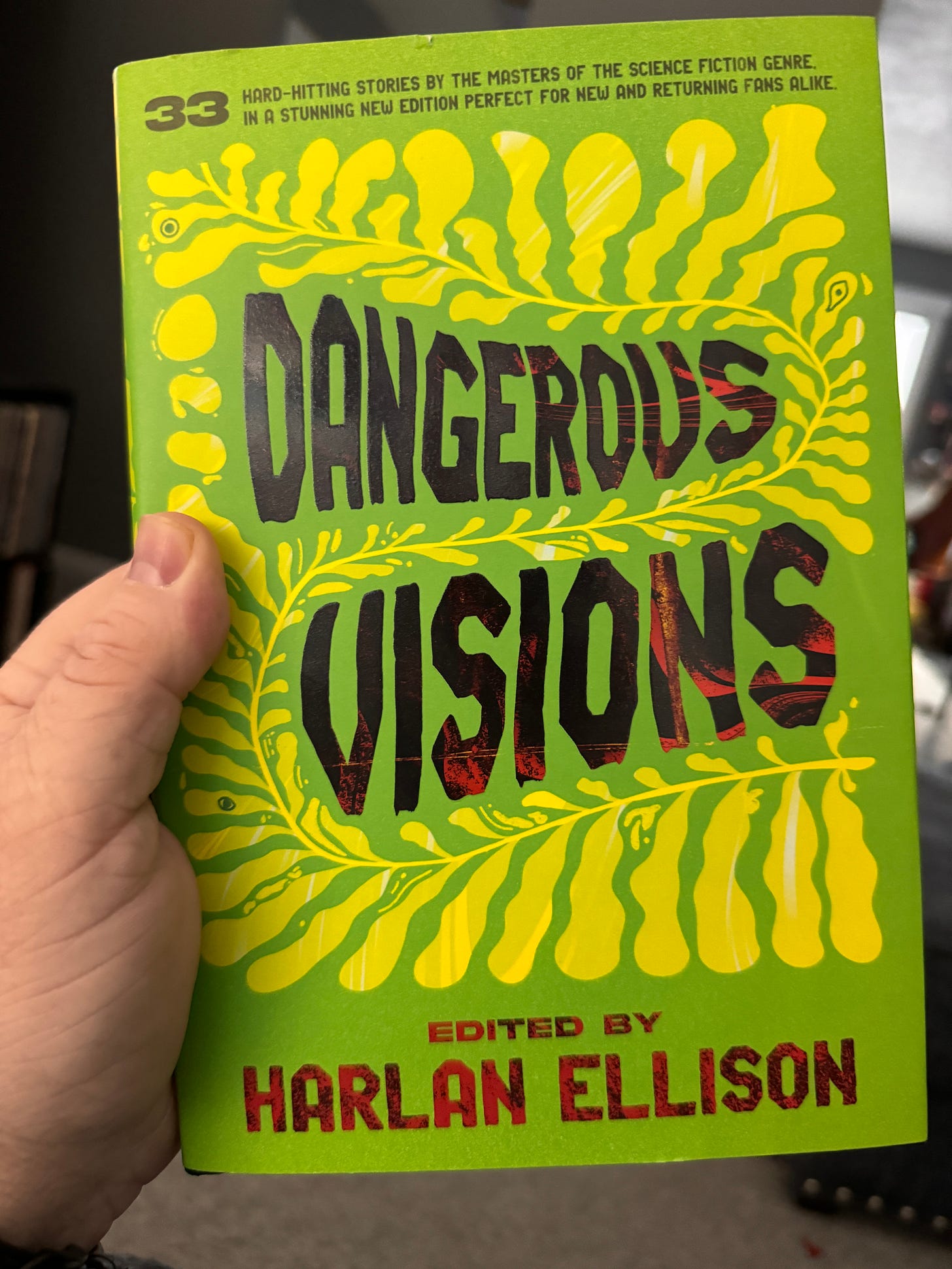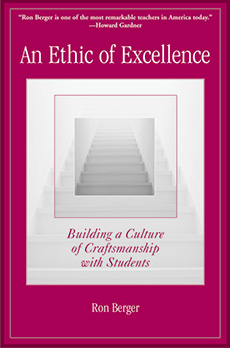
Easter Sunday, 2024.
I thought I’d share something from Max Lucado…
Want to know the coolest thing about the coming? Not that the One who played marbles with the stars gave it up to play marbles with marbles. Or that the One who hung the galaxies gave it up to hang doorjambs to the displeasure of a cranky client who wanted everything yesterday but couldn’t pay until tomorrow.
Not that he, in an instant, went from needing nothing to needing air, food, a tub of hot water and salts for his tired feet, and, more than anything, needing somebody – anybody – who was more concerned about where he would spend eternity rather than where he would spend Friday’s paycheck.
Or that he resisted the urge to fry the two-bit, self-appointed hall monitors of holiness who dared suggest that he was doing the work of the devil.
Not that he kept his cool while the dozen best friends he ever had felt the heat and got out of the kitchen. Or that he gave no command to the angels who begged, “Just give us the nod, Lord. One word and these demons will be deviled eggs.”
Not that he refused to defend himself when blamed for every sin of every slut and sailor since Adam. Or that he stood silent as a million guilty verdicts echoed in the tribunal of heaven and the giver of light was left in the chill of a sinner’s night.
Not even that after three days in a dark hole he stepped into the Easter sunrise with a smile and a swagger and a question for lowly Lucifer – “Is that your best punch?”
That was cool, incredibly cool.
But want to know the coolest thing about the One who gave up the crown of heaven for a crown of thorns?Max Lucado, He Chose the Nails
He did it for you. Just for you.










